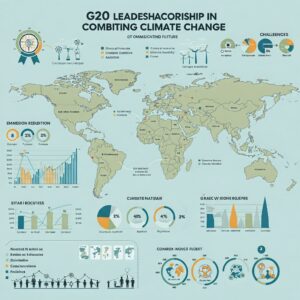
Understanding Human Rights: Labour Rights in Globalizing World And Gender Rights

Introduction:
The globalization of the world has brought significant changes to the way businesses operate. While globalization has brought many benefits, it has also led to the violation of the human rights, particularly in the workplace.
Labor rights are an integral part of human rights, and it is crucial to understand the significance of labor rights in the globalizing world. This paper aims to discuss labor rights, their importance, and how globalization has affected these rights.
Understanding Labor Right:
Labor rights are the rights of workers to fair and equal treatment in the workplace. These rights include the right to a fair wage, the right to safe working conditions, the right to form and join unions, the right to work free from the discrimination, and the right to reasonable working hours. Labor rights are an essential component of human rights as they protect workers from exploitation and ensure that they are treated fairly.
The Importance of Labor Right:

Labor rights are essential for several reasons. Firstly, labor rights protect workers from exploitation by employers. Without labor rights, employers could pay low wages, offer unsafe working conditions, and force employees to work unreasonable hours.
Secondly, labor rights ensure that workers are treated fairly and equally. Labor rights prohibit discrimination on the basis of race, gender, religion, and other factors. Thirdly, labor rights are essential for the economic development. When workers are paid fairly and have good working conditions, they are more productive, and this can lead to the economic growth.
Globalization and Labor Right:

Globalization has had a significant impact on the labor rights. On the one hand, globalization has created new job opportunities in the developing countries, which has led to economic growth and reduced poverty. However, globalization has also led to the violation of labor rights.
Multinational corporations often exploit workers in developing countries by paying low wages, offering unsafe working conditions, and denying them the right to form unions.
The rise of global supply chains has also made it difficult to hold corporations accountable for the labor rights violations. For example, a clothing company may contract with a factory in a developing country to produce its products.
If the factory violates labor rights, it can be challenging to hold the clothing company responsible, as it may argue that it was not aware of the violations.
Globalization has also led to a race to the bottom, where countries compete with each other to attract investment by lowering labor standards. This has led to a situation where workers in developing countries are forced to compete with each other for jobs, and this has led to a downward pressure on wages and working conditions.
Conclusion
In conclusion, labor rights are an essential component of human rights. Labor rights protect workers from exploitation, ensure that they are treated fairly and equally, and are essential for economic development.
However, globalization has led to the violation of labor rights, particularly in developing countries. Multinational corporations often exploit workers in developing countries by paying low wages, offering unsafe working conditions, and denying them the right to form unions. Governments, corporations, and civil society organizations must work together to ensure that labor rights are respected in the globalizing world.
Bibliography:
- International Labour Organization. (n.d.). Labour rights. Retrieved from https://www.ilo.org/global/topics/labour-rights/lang–en/index.htm
- International Labour Organization. (2016). Globalization, employment and the workplace: Responses for the millennium. Geneva: International Labour Organization.
- McNally, R. (2007). Globalization and the restructuring of labour. Basingstoke: Palgrave Macmillan.
- United Nations. (n.d.). Universal Declaration of Human Rights. Retrieved from https://www.un.org/en/universal-declaration-human-rights/
- United Nations. (2015). Transforming our world: The 2030 agenda for sustainable development. New York: United Nations.







